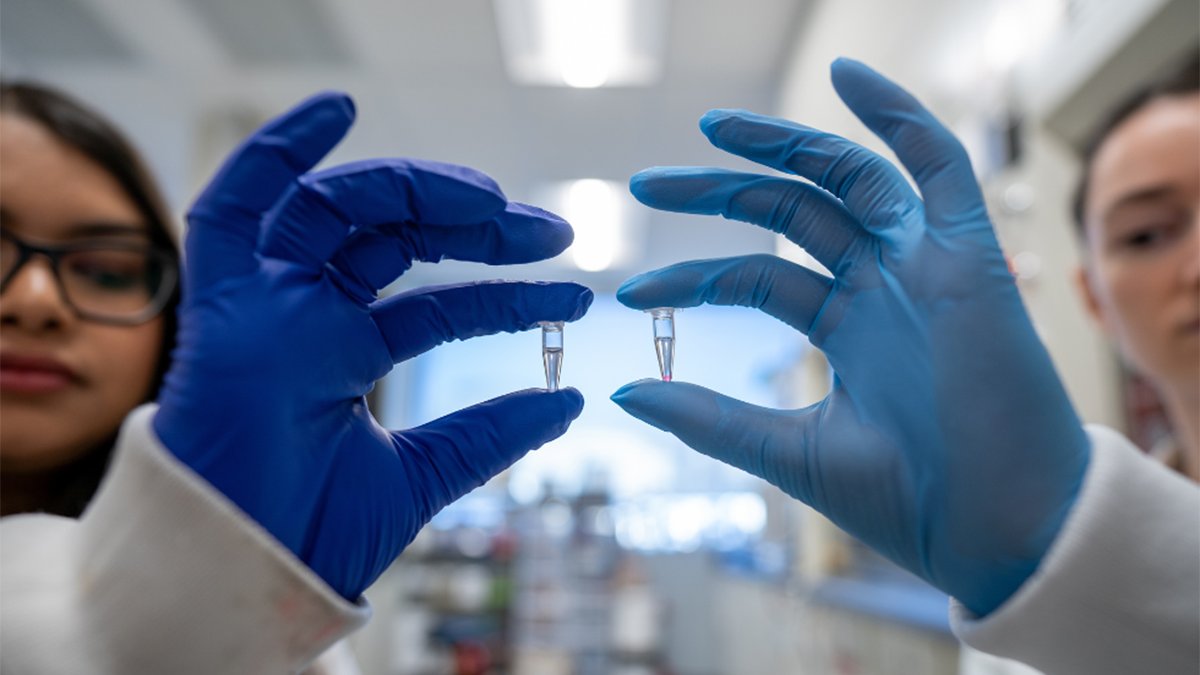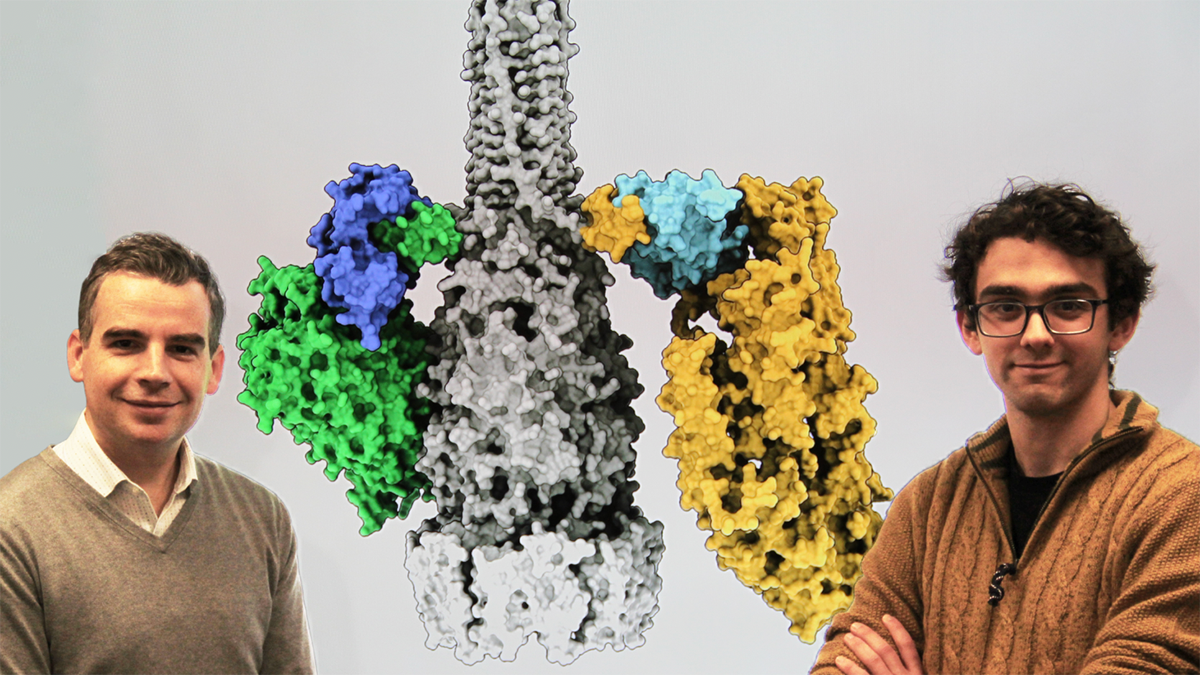Talk therapy with other moms an effective treatment for postpartum depression, McMaster research shows

An innovative model of care that offers new mothers psychotherapy delivered by other mothers who have also experienced postpartum depression (PPD) should be implemented in clinical practice, according to researchers at McMaster University.
Researchers worked with nearly 200 mothers over a year and a half, during the height of the COVID-19 pandemic, and found those receiving treatment from their peers were 11 times more likely to experience remission of their major depressive disorder. The findings of the randomized control trial are published in Acta Psychiatrica Scandinavica.
PPD and its associated symptoms affect up to one in five new mothers, yet only 10 per cent receive evidence-based care. Left untreated, PPD increases the risk of future depressive episodes, family problems, and cognitive, emotional, and behavioural problems in the child.
“This is the first time anyone has shown that peers can deliver effective group online psychotherapy for mothers with postpartum depression,” says Ryan Van Lieshout, lead author of the study, associate professor of the Department of Psychiatry and Behavioural Neurosciences at McMaster University and the Canada Research Chair in Perinatal Mental Health.
“Given the number of individuals who have experienced and recovered from postpartum depression, and since this treatment is scalable and deliverable online, it has the potential to substantially improve access to effective treatment for mothers with postpartum depression,” says Van Lieshout.
Researchers recruited 183 mothers from across Ontario from Aug. 2020 and Feb. 2022 to either receive nine weeks of group cognitive behavioural therapy (CBT) delivered online from peers who had once experienced PPD and had since recovered, or to receive treatment as usual. The individuals in the treatment as usual group received the peer-delivered group CBT after being on a waitlist.
Participants in the peer-led CBT group manifested clinically significant improvements in postpartum depression and anxiety, as well as better social support, less anxiety about their child, and improvements in their infant’s temperament. These changes persisted up to five months after participants started treatment.
Sixty-four per cent of participants in the treatment group met the criteria for major depressive disorder at time of enrollment, compared to six per cent after receiving the nine-week peer-led CBT program. Sixty-six per cent of participants in the waitlist group met the criteria for major depressive disorder at time of enrollment, compared to 43 per cent nine weeks later.
In advance of the program, peer facilitators underwent a three-day training program for individuals with no prior formal psychiatric training and observed the nine-week intervention delivered by experts in the hospital setting which it was developed. Facilitators delivered the intervention online in pairs.
“As somebody who has recovered, if I had this support nine and 11 years ago, I might not have had postpartum depression with my second child. I would have had resources and the opportunity to try to get ahead of it if I could,” says Lee-Anne Mosselman-Clarke, who was one of the peer facilitators.
“I think the program allows for an openness in talking and hearing others’ experiences, which takes away a very large part of the shame and the guilt around struggling with postpartum depression and anxiety.”
Recent research by Van Lieshout showed group CBT for PPD delivered by public health nurses with little to no previous psychiatric training led to clinically significant improvements in depression and worry. The outcome was stable up to six months post-treatment.
The study was supported by the Ontario Brain Institute’s Growing Expertise in Evaluation and Knowledge Translation Program.
ResearchRelated News
News Listing

Department of Medicine ➚
Pain to progress: An impactful history of lupus research and care at McMaster
Collaborations & Partnerships, Education, Research
6 days ago

Brighter World ➚
McMaster research in 2024: From AI innovation to breakthroughs in health care
Research
December 17, 2024

December 17, 2024
